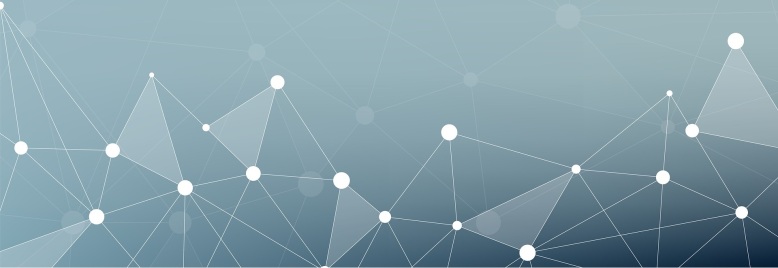Memory is constitutive for the formation of social entities and a crucial carrier of social and cultural identity. Remembrance and reconstruction of past events, historical figures and cultural struggles are invaluable for understanding the development of shared values or norms and the articulation and transformation of identity by collectives and individuals alike. In media saturated societies commemoration and cultural memory are inherently linked to representations and negotiations in a variety of media, technologies, devices and practices. However, with the rise of digital communication the main agents and institutions of preserving and communicating memory find themselves complemented by new voices.
From the Individual to the Social
On the individual level we find people engaging in new mediated forms and formats of remembering that become increasingly important in processes of constructing personal as well as collective pasts. Digitalization raises the question of how people collect, archive and share their past while at the same time it poses challenges concerning what should and should not be forgotten. On the social level, some narratives are contested, and minority perspectives can now find a more immediate way to publics, enriching the respective accounts of past events, adding layers and nuance to how we reconnect with the past. But also counter-narratives, which were confined to underground publications or revisionist circles are now more easily spread and may pierce social media discourses as legitimate perspectives on historical events. Voices, which were muted or banned before can now contribute to a polyphony of memory.
Studying Memory in the Digital Age
Whether memory scholars argue for an advantageous memory boom or criticize contemporary societies as ahistorical, it becomes evident that individuals as well as societies are and will be continuously drawn to their past. Hence, it becomes a pressing task to shed light on the role memories play when digital communication further blurs boundaries – not only between the private and the public but also between the local, national and global – yet, without neglecting the existence or rise of new social, geographical or economic demarcations. Communicating memory has always been a highly mediated processes and the digital age is no exception. How the construction of memory does (not) change due to digital media is one core question of contemporary memory studies that can and should be vastly informed by contributions from media and communication scholars.
Aim and Scope of the Pre-Conference
The pre-conference aims to assemble scholarship on media, communication and memory from across Europe and from a multiplicity of backgrounds. It is our aim to stimulate theoretical discussion and to give new impulses for research on communication and memory. Beyond theoretical conceptions and empirical case studies we are also interested in contributions reflecting the methodological aspects of memory research in a globalized and digitally connected world as well as problems and potentials of digital traces and “found data” as sources for studies on communicative memory in the digital age.
Abstracts of 500 words (excluding tables, figures, and references) should outline the research topic as well as the theoretical and methodological approach. All abstracts will be subject to double-blind peer review. Please submit the abstract including names, affiliations, and contact details (email) in an edible format by 15 May 2018 to: manuel.menke@phil.uni-augsburg.de
Schedule:
Deadline for submissions: 15 May 2018
Acceptance letters: 02 July 2018
Date of the pre-conference: 31 October 2018
Venue:
Università della Svizzera italiana, Lugano
Main Building, Room 354
Organisers:
Manuel Menke (University of Augsburg, Germany)
Berber Hagedoorn (University of Groningen, Netherlands)

